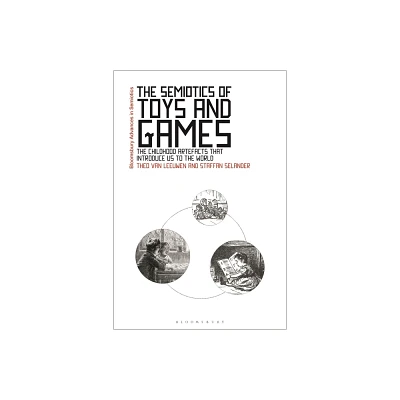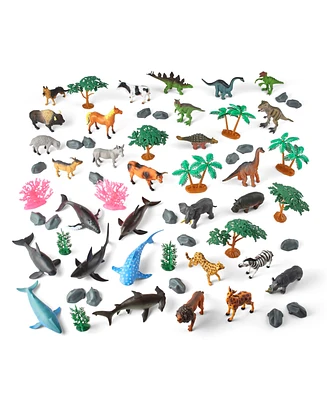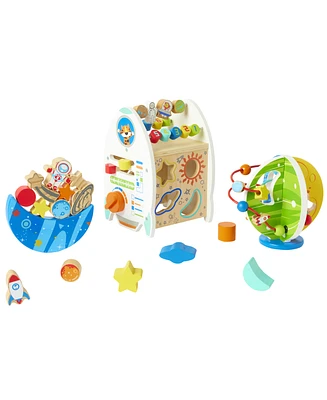Home
the Semiotics of Toys and Games: Childhood Artefacts that Introduce us to World
Loading Inventory...
Barnes and Noble
the Semiotics of Toys and Games: Childhood Artefacts that Introduce us to World
Current price: $130.00


Barnes and Noble
the Semiotics of Toys and Games: Childhood Artefacts that Introduce us to World
Current price: $130.00
Loading Inventory...
Size: Hardcover
*Product Information may vary - to confirm product availability, pricing, and additional information please contact Barnes and Noble
Drawing on extensive research over more than two decades, this book focuses on toys and games as resources for play.
It analyses their functionalities as well as their symbolic meaning potentials, exemplifying how they are used in different contexts, such as home and preschool, and how these uses are regulated by parental, pedagogic and marketing discourses.
Building on the work of semioticians such as Barthes, Baudrillard and Krampen, as well as on the social semiotics of Halliday, Hodge, Kress, and others, the book introduces a framework for the multimodal semiotic analysis of physical objects, and the ways in which they are digitally translated into words, images and sounds. It also introduces a multimodal framework with a focus on designs for and in learning. It then applies these frameworks to a range of toys and games for young children including teddy bears, dolls, construction toys, war toys and digital games. Throughout it shows how the toy and games industry contributes to changing the nature of childhood and the way children learn about the world.
Accessibly written, the book will not only be relevant to students and scholars of multimodality and semiotics, but also to early childhood educators and parents of young children.
It analyses their functionalities as well as their symbolic meaning potentials, exemplifying how they are used in different contexts, such as home and preschool, and how these uses are regulated by parental, pedagogic and marketing discourses.
Building on the work of semioticians such as Barthes, Baudrillard and Krampen, as well as on the social semiotics of Halliday, Hodge, Kress, and others, the book introduces a framework for the multimodal semiotic analysis of physical objects, and the ways in which they are digitally translated into words, images and sounds. It also introduces a multimodal framework with a focus on designs for and in learning. It then applies these frameworks to a range of toys and games for young children including teddy bears, dolls, construction toys, war toys and digital games. Throughout it shows how the toy and games industry contributes to changing the nature of childhood and the way children learn about the world.
Accessibly written, the book will not only be relevant to students and scholars of multimodality and semiotics, but also to early childhood educators and parents of young children.


















